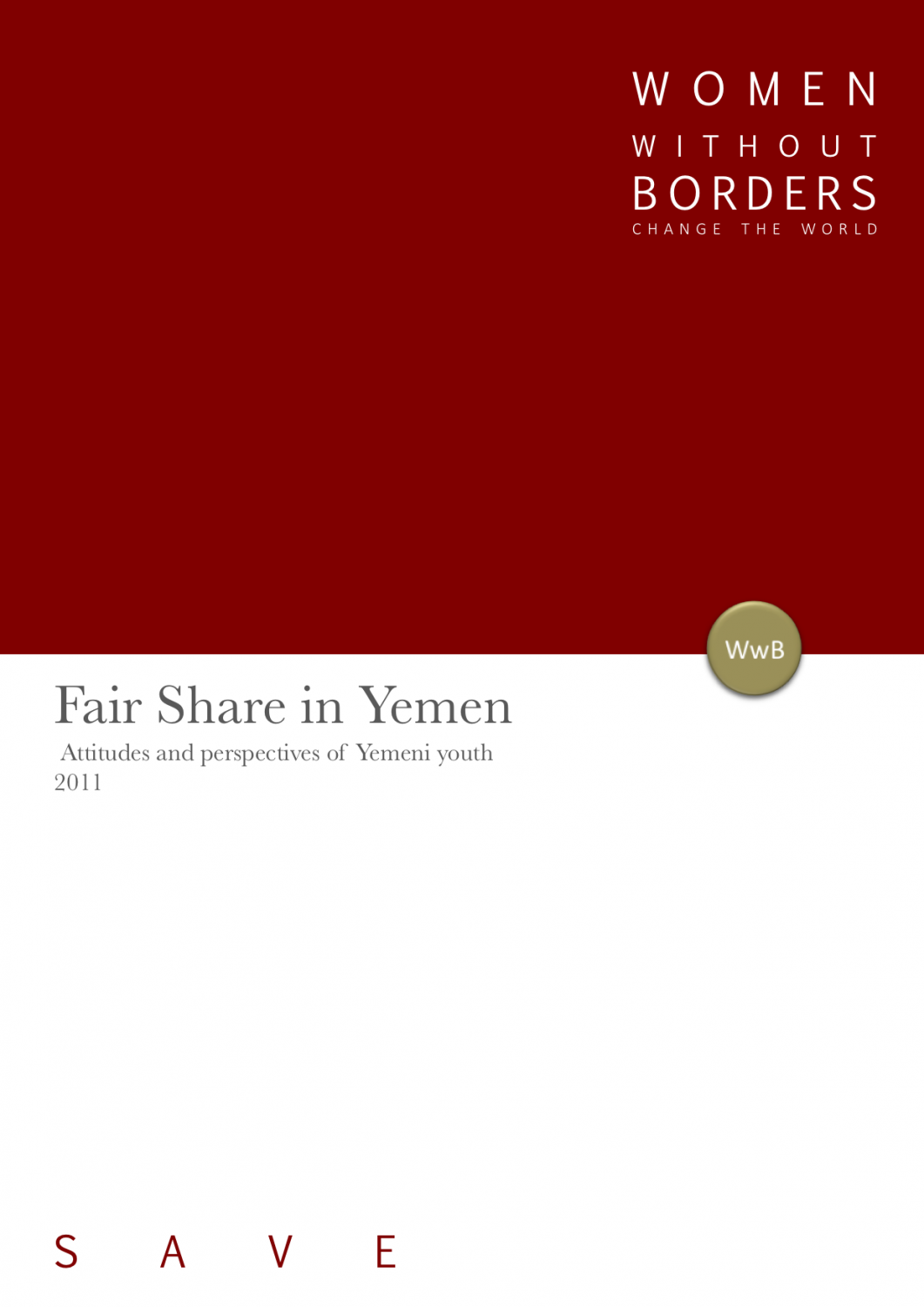This publication provides an overview of the Women without Borders (WwB) ‘Can Mothers Challenge Extremism?’ study, which observed 1023 mothers’ attitudes towards, perceptions of, and experiences with radicalisation and violent extremism in their families and communities in Pakistan, Palestine, Israel, Nigeria, and Northern Ireland. The article goes on to outline how on the basis of the study findings, WwB conceptualised and developed the pioneering and globally-recognised ‘MotherSchools: Parenting for Peace’ Model. Finally, this publication discusses initial feedback and findings from the implementation of the first iterations of MotherSchools programmes.
The projects and global community that came to fruition through the Sisters Against Violent Extremism (SAVE) network of projects and grassroots activists since 2008 reinforced Women without Borders’ (WwB) understanding that mothers in particular have for too long been excluded from strategies in the security arena. In an effort to grasp why mothers did not figure prominently and to explore the notion and potential of Mothers Preventing Violent Extremism (MPVE), WwB Founder and Executive Director Dr. Edit Schlaffer and WwB Research Director Professor Ulrich Kropiunigg conducted the first in-depth applied research study on mothers’ potential in the field, entitled ‘Can mothers challenge extremism?’. This publication provides an overview of the study, which observed 1023 mothers’ attitudes towards, perceptions of, and experiences with radicalisation and violent extremism in their families and communities in Pakistan, Palestine, Israel, Nigeria, and Northern Ireland. The article goes on to outline how on the basis of the study findings, WwB conceptualised and developed the pioneering and globally-recognised ‘MotherSchools: Parenting for Peace’ Model. Finally, this publication discusses initial feedback and findings from the implementation of the first iterations of MotherSchools programmes.



